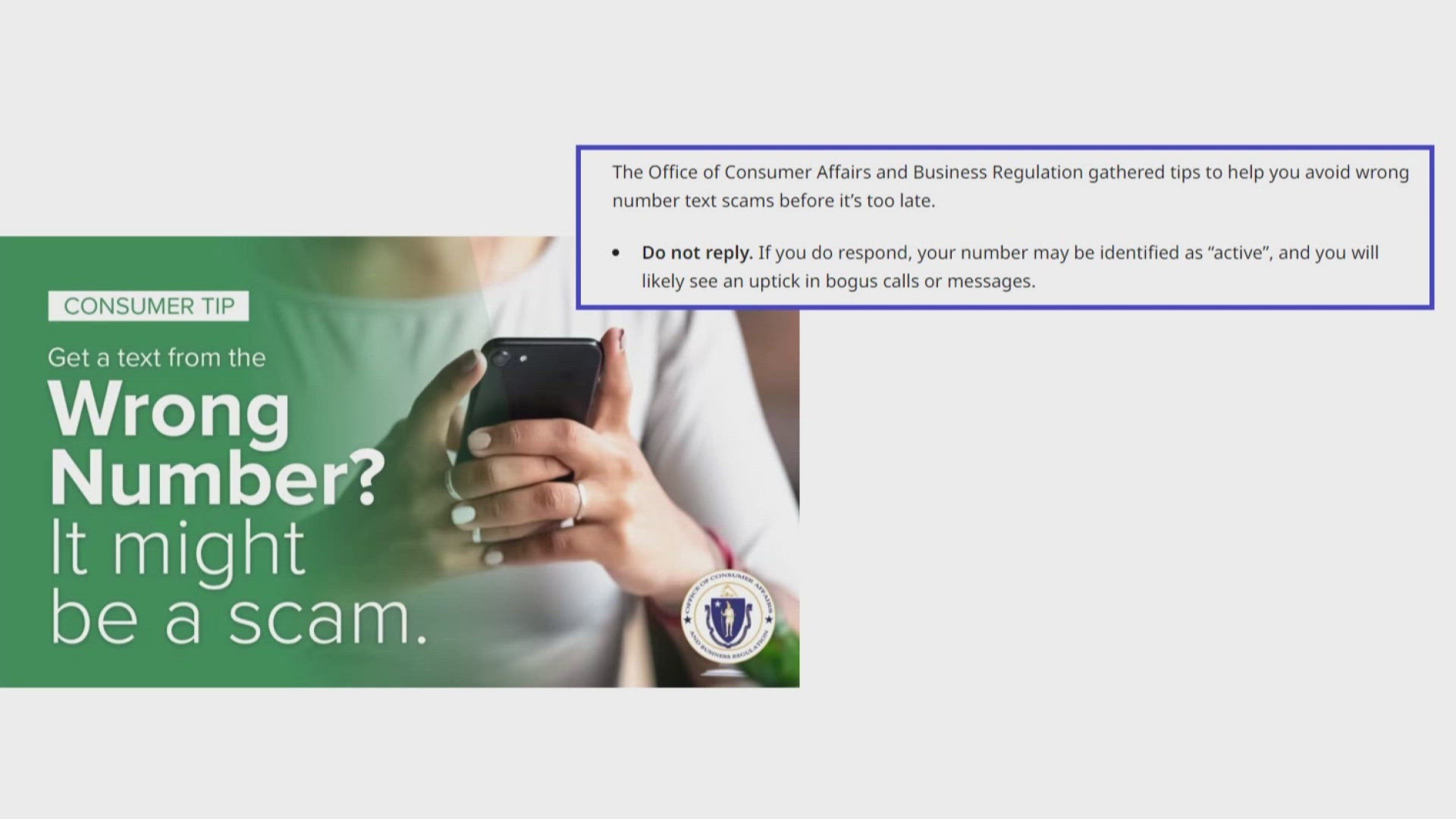Greensboro, NC -- Should you pay off my mortgage, should you pay off my credit card balance, should you pay off your student debt or should you just leave your money in cash and pay the minimum balance? The most common response to these questions is to just do nothing. Certified Financial Planner Matt Logan of Matt Logan, Inc says making a some simple decisions can help improve your financial situation.He offers a few scenarios:
1- I have $32,000 in student debt at a rate of 5.5%. My wife and I make $86,000 a year. We have monthly expenses of $4000 and both hold steady jobs. Currently, our savings account is at $48,000 paying .5% interest. We have no other debts other than our mortgage? Should I pay off my debt.
This is a tricky one. The first thing I suggest to do is to make sure that you have enough cash reserves. In this case, I would suggest a cash reserve of somewhere between $12,000 and $24,000. The other part to look at is that you have student loans and you make below the $155,000 that is the IRS limit, so you can deduct up to $2500 a year in student loan interest. In your case, the loan interest that you are paying is $1760 so you can deduct the full amount, effectively leaving your interest at zero. That being said, in my opinion, I would not suggest paying down these loans but instead look at other ways to utilize the excess savings of $24,000 that you have.
2- I have $6,000 in credit card debt at zero percent interest. The zero percent interest rate lasts another 3 months at which point I will have to pay $500 to transfer the balance to another card that will give me another 12 months of zero percent interest. I am single and make $65,000 a year in a secure job. I have cash reserves of $10,000 in a savings account drawing .5% and monthly expenses of $2000. I have no other debt other than my mortgage.
Unfortunately, you cannot deduct any of the interest that you pay on your credit card. Although it sounds great to only have a 0% interest rate, that is not really true as the $1000 transfer fee you would presumably pay every 12 months actually comes out to be 8.3% interest each year. In my opinion in the case, with a secure job, you would want to pay off your entire credit card balance. That will leave you with $4,000 in savings which should be more than adequate and will also reduce the stress of having that credit card balance as an added bonus. Moving forward, you can work to get your savings balance back up to at least $6000.
3- I have $134,000 in student loan debt from medical school with interest rates ranging from 3.2% to 8.8%. I am finally a doctor and my annual income is $225,000 after taxes. Our monthly expenses are around $8000 a month. I have only mortgage debt and my job is very secure. Currently, I have $72000 in a savings account making .1% and have an inheritance of $120,000 in cash coming to me from a deceased grandparent. My wife and I are debating what to do with the inheritance.
This is a slightly different situation due to your income. The bad news is that this disqualifies you for any student loan interest deduction on your taxes. In my opinion, you should take the $120,000 inheritance and combine it with $14,000 from your savings to pay off your loans in full.
4- I have a 30 year mortgage at 3.75% of with a balance of $120,000. I am 45 years old and I absolutely hate debt and this is the only debt that I have. I am thinking about cashing in my 401k balance of $140,000 to pay off my mortgage.
I completely understand that you hate debt. That is a great thing and will most probably serve you well over your life. At 45, I would not suggest withdrawing your 401k balance. There is a 10% penalty to pay on withdrawing those funds right off the bat and you will combine that with federal and state income taxes on the amount which would be based on your current income levels in addition to your withdrawal which could put you in a higher tax bracket. I would suggest that you leave your funds in your 401k and invest them with the proper risk tolerance to help provide income for you in retirement. Oh yeah, the good news is that your mortgage is just above the lowest rate ever of 3.31%, so you should be thrilled having locked that loan in.
5- I have credit card debt of $10,000 at a rate or 12%. I have savings of $10,000 at a rate of 1% and monthly expenses of $8,000. My wife and I have income of $110,000 and I want to know if I should just pay off all of my credit card debt.
In my opinion, I would keep the cash in hand as you do not have enough to get by in the case of emergency. Continue to pay down your credit card as you can while you are also building up your cash reserves. Once you have gotten to 2 or 3 months of cash ($16,000 or $24,000) then I would look at being more aggressive with paying off your credit card debt.
One constant in all financial decisions is that each case is different, so please be sure to consult your CPA or financial advisor or someone who is familiar with your specific situation before making any decisions.
Matt Logan is a Representative with Matt Logan Inc and Summit Brokerage and may be reached at www.mattloganinc.com, 336-808-0126 or matt at mattloganinc.com.


